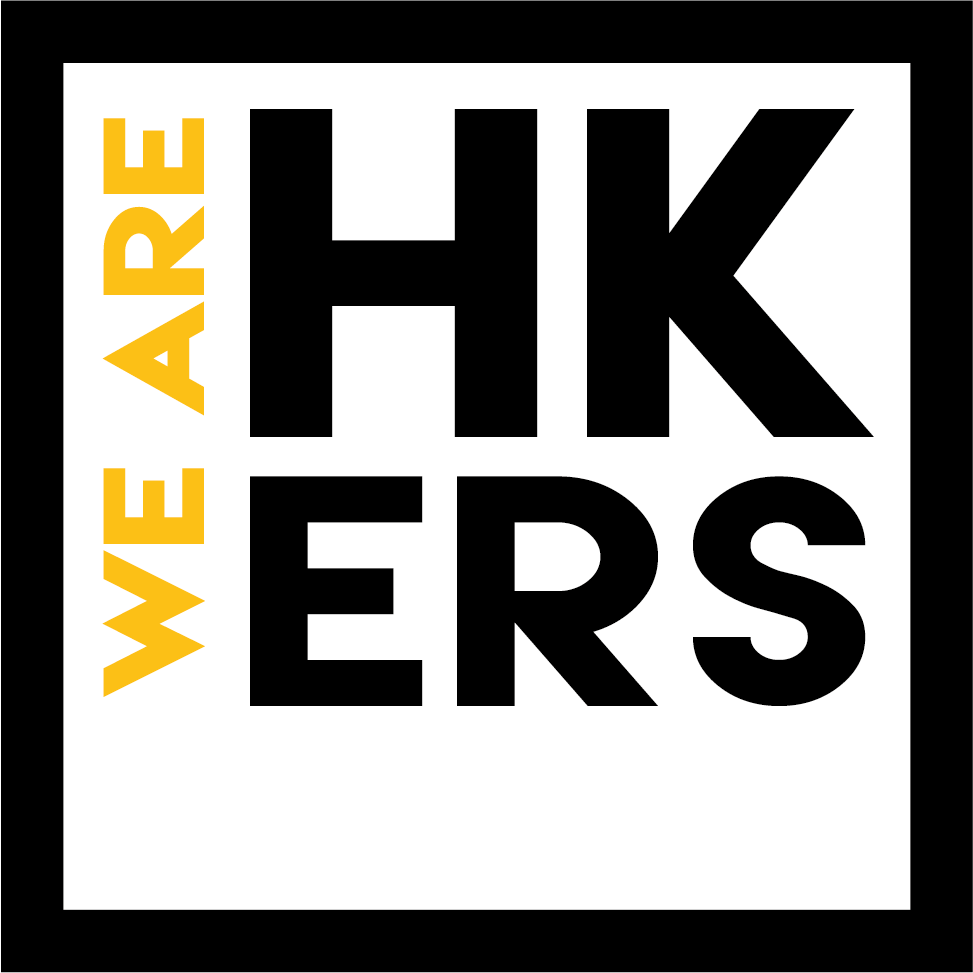"This was precisely the moment where my 'Hongkonger' identity took shape - unyielding yet flexible, like water."
A daydreamer, who grew up in Hong Kong, studied in Sweden, and travelled around Europe, explores where she feels she belongs.
“Growing up under the English-medium education in Hong Kong where freedom of speech and independent thinking are celebrated, I have come to realise my generation (post-90s) is very different from my parents’ (60s). We are literally ‘two kinds’ of people – to me, the sense of belonging becomes a burden.”
'Who Am I? Am I Chinese, a Hongkonger or a Hong Kong-born Chinese?' I always have these questions in my mind, especially when these two concepts - 'nationality' and 'country of origin' - pop up in any type of context. My father would ask me, 'Why wouldn’t you just admit that you are Chinese? We are all yellow-skinned.' Sorry Dad, but I see being 'yellow' in a very different light.
According to my father, my grandpa - being sent to work in Indonesia - managed to escape the Cultural Revolution, but neither of them are strangers to the white terror created by the Communist Party. It might be out of fear that they are steadfast in their Chinese identity. It could also be due to a belief that China is on the rise, or simply because of their traditional Chinese values of harmony (to keep quiet) and loyalty (to follow blindly)... And these values and beliefs don't speak to me.
Growing up under the English-medium education in Hong Kong where freedom of speech and independent thinking are celebrated, I have come to realise my generation (post-90s) is very different from my parents’ (60s). We are literally 'two kinds' of people – just like how Amy Tan describes a mother-and-daughter relationship in a short story from her book ‘The Joy Luck Club’ - which echoes the relationship between Mainland China and Hong Kong. To me, the sense of belonging becomes a burden.
I spent half a year in Sweden as an exchange student, and had a Mainland Chinese roommate from Shanghai. She studied Law. I remember her calling me 親 (qīn), which means 'babe' in Chinese, right on the very first day of meeting each other as if I was someone close to her. Even with my broken Mandarin, she still found me familiar. However, I couldn’t relate to her entirely.
'Why do some Hongkongers hate Mainlanders moving to Hong Kong so much?' she once asked me. 'Is it because of the high population density and competition for jobs?' I sighed in response. She then said, 'Don’t worry! Mainland China will offer more benefits to Hong Kong.' I thought the opposite.
Travelling around Europe made me notice that the faces of different East Asians, such as Chinese, Japanese or Korean, are all the same to many non-Asian foreigners. They might start assuming that I am Chinese, and say 'nĭ hăo' ('hello' in Mandarin) to me. Most of the time I wouldn't deny it, nor would I correct them by saying that I am a Hongkonger. Deep down in my heart, I felt out of place.
As a Hongkonger, I may share some Western values, like individualism, and admire Western culture, such as Hollywood movies and English literature. However, I wouldn’t call it 'home'. So where do I belong?
When the Umbrella Revolution broke out in Hong Kong, I was still a university student, entering my final year of study. I didn’t take part in any of the 'actions'. Instead, I chose to be an onlooker, witnessing how a 'community' was built from scratch near the Central Government Complex in Admiralty. I witnessed how people stood together for the first time to fight for democracy. This was precisely the moment where my 'Hongkonger' identity took shape - unyielding yet flexible, like water.
Five years later, the extradition bill came along. Once again, we took our voices to the street. I used to support the pan-democrats' stance on being 'peaceful, rational, and nonviolent'. However, as you can see, our Chief Executive doesn’t give a damn about the people who protest peacefully. Also, the brutality from the police force has not only sparked outrage across the city, but an outburst of creativity in inventing new Hong Kong slang and expressions, like 'Freedom-Hi'*.
If I have to choose between the side of 'an eye for an eye'** or the other side of 'turning a blind eye' to what has happened in Hong Kong these past three months, I choose the former all the way.
Hongkongers are bold and beautiful. I am proud to be a Hongkonger. But now, the next question for myself is, “How far will I go for Hong Kong?”
By N. - a daydreamer who loves arts, books and movies, as they all contain stories
- February 2022
- December 2021
- August 2021
- May 2021
- April 2021
- March 2021
- February 2021
- January 2021
- December 2020
- November 2020
- October 2020
- September 2020
- August 2020
- July 2020
- June 2020
- May 2020
- April 2020
- March 2020
- February 2020
- January 2020
- December 2019
- November 2019
- October 2019
- September 2019
- July 2019
- June 2019
Graphic: Orange Peel
Photos: SL, 行山之友
* Footnote: literally translated to freedom-c**t, which means Libtard.
**Footnote 2: A slogan where protesters avenge for the first-aider who permanently lost an eye from being hit by a sponge bullet on 8.11 protest














